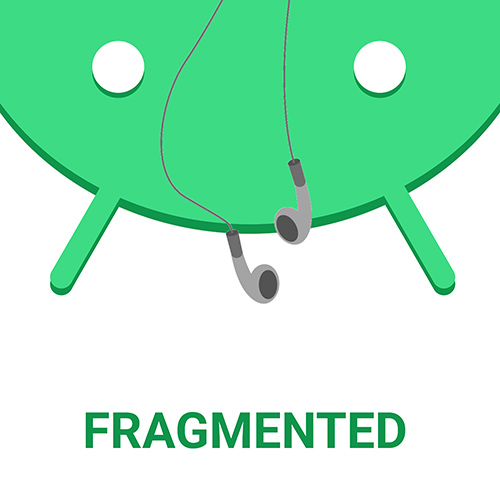In this mini-fragment episode, Donn talks about Item #5 of the Effective Java (Third Edition) book – Prefer Dependency Injection to Hardwiring Resources.
Please note, this episode references the third edition of the Effective Java book that recently came out. Previously we were doing the entire series on version 2, but we are now upgrading to version 3 of the book. We will not be re-doing any of the existing lessons, but if one was inserted in the mix, then we will do that lesson.
This is the case with Item #5. We did Item #5 previously for v2 of the book, but v3 introduced a new Item 5 (and bumped the previous Item 5 up to 6).
TLDR; Item #5 is new in the third edition of the Effective Java book. So listen closely. :)
Listen on:
Links
Sponsors
- Mapbox – Android developers don’t have to settle for a default same-map-no-matter-what option in their Android app. Mapbox offers complete map design control, allowing you to create beautiful custom maps to meet the needs of your Android users.
Check them out today at mapbox.com/android
Contact
- @fragmentedcast [twitter.com]
- @donnfelker and 📷 donnfelker
- @kaushikgopal and 📷 kaushikgopal


